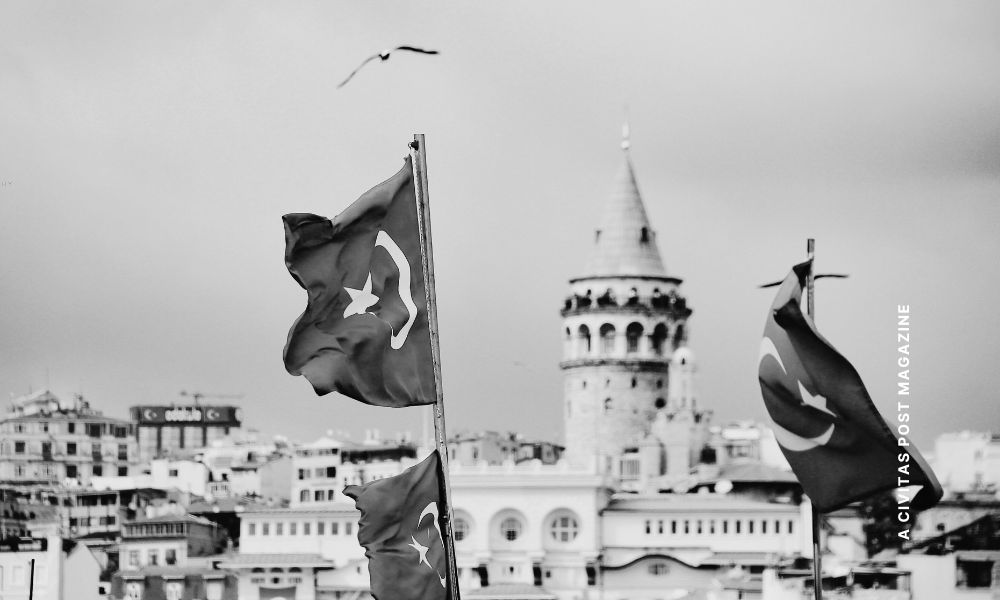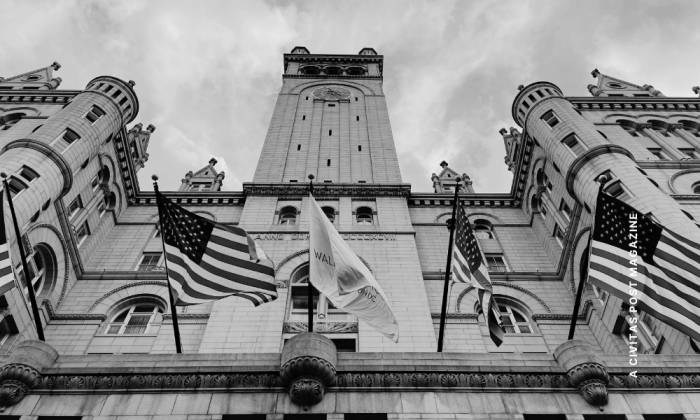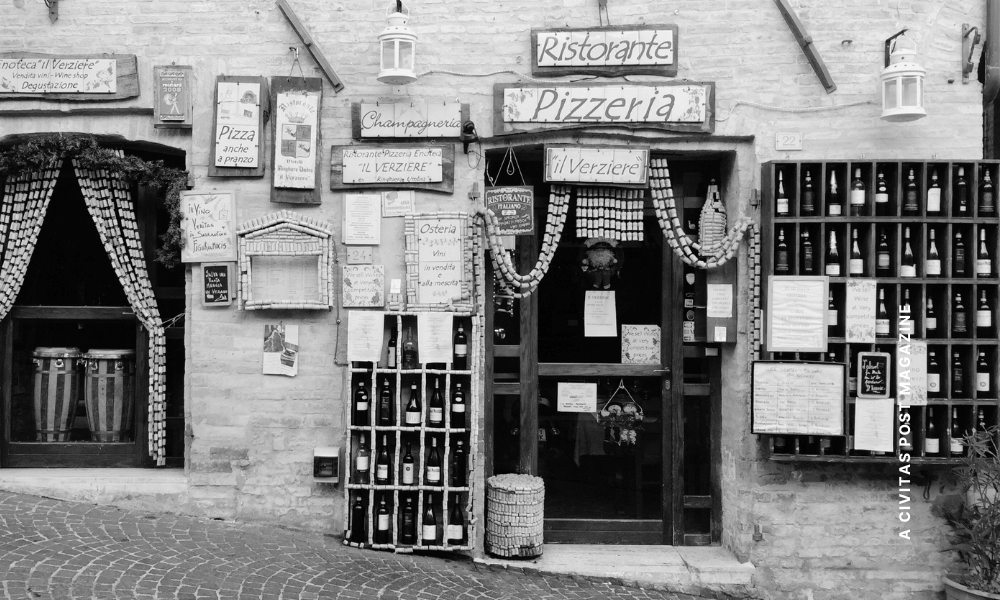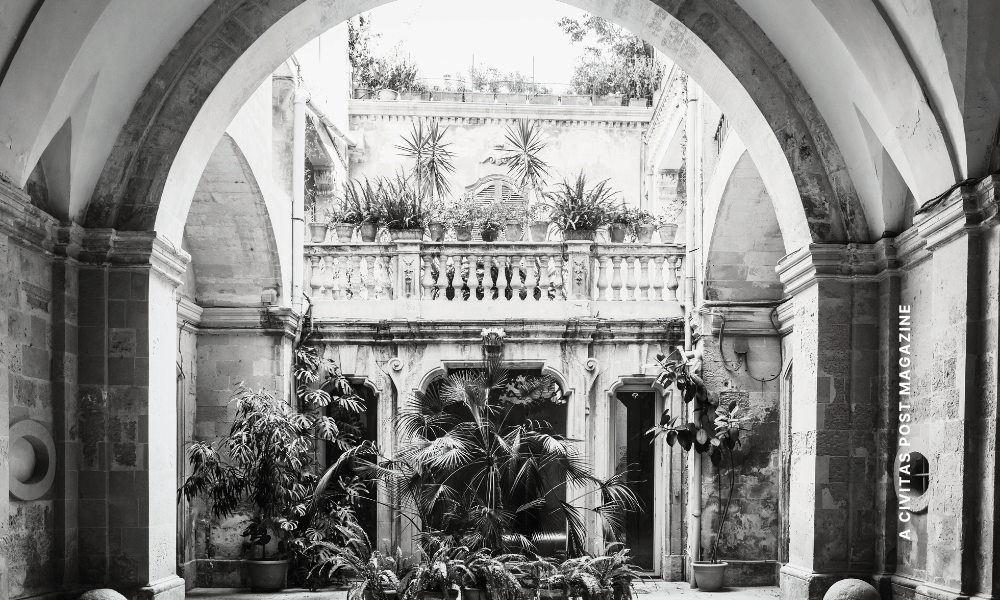In recent years Turkey has been drawing in a record-breaking number of real estate investors interested in their citizenship programme. Dr. Farooq walks us through the myriad of reasons why investors are magnetized to Turkey. “If one had but a single glance to give the world, one should gaze on Istanbul.”-
Alphonse de Lamartine, French author, and poet.
The Importance of FDI to the Global Economy
The role of foreign direct investment (FDI) in the global economy and value chains has grown in the past three decades.
While the COVID-19 crisis may cause the global FDI to fall below $1 trillion — for the first time since 2005 — some of the emerging economies, like Turkey, are positioning themselves to fill in the gaps in the global supply chains, thereby luring foreign capital in to the country.
The importance of Turkey in global trade cannot be overstated.
The queen of cities – Istanbul – with its 2,600-year-old history continues to connect Asia and Europe. According to estimates, 1.5 billion people and US$24 trillion GDP in Europe, MENA, and Central Asia lie within a four-hour flight radius of Turkey.
The country’s robust manufacturing sector has attracted some US$40 billion in FDI over the past fifteen years. That includes investments by auto giants such as Toyota and Ford, amongst others. Izmir in Turkey is home to the largest and most technologically advanced production unit of HUGO BOSS.
Ford Otosan – a joint venture in Turkey between American automaker Ford and Koç Holding, Turkish largest industrial conglomerate – was able to achieve exports of vehicle and spare parts to 96 countries in 5 continents in 2019.
Turkey’s trade agreements — including the customs union with the European Union, and free trade agreements with over twenty countries, from Chile to Malaysia and South Korea — provide free market access to some 945 million customers from different parts of the world. Turkey is also modernizing its railway and transport infrastructure, on its path to become a regional transportation hub.
But it isn’t the multinational corporations alone that find this transcontinental country attractive.
Individual investors and second-home buyers are equally captivated by the country’s majestic beauty and investment potential.
If would like to promote your expertise in real estate investment matters, residency programes or citizenship by investment – we would love to hear from you.
Read more: Mitigating Risks in the Turkish Citizenship Investment Programme
Booming Demand in Turkish Real Estate
Since the abolition of reciprocity law in May 2012, foreigners’ interest in Turkey’s residential real estate sector has been surging.
From January 2013 to the end of May 2020, foreign nationals from a wide spectrum of countries are estimated to have bought over 190,000 homes in Turkey.
These include Arab buyers from the Gulf to the Maghreb; Persians; Russians; Turkic-speaking buyers from Central Asia; Chinese; South Asians from Pakistan and Bangladesh; Europeans from Germany, the United Kingdom, and Sweden; and Americans, amongst others.
“If Ispahan was half the world, this [Istanbul] indeed was the whole. And then this gem of cities possesses this great advantage over Ispahan, that it is situated on the borders of a beautiful succession of waters… ‘Oh! this is a paradise,’ said I to those around me; ‘and may I never leave it!’ “.
This is how J.J. Morier described the emotions of Hajji Baba [a Persian character] upon the latter’s first entry in Istanbul in his book “The Adventures of Hajji Baba of Ispahan.”
From investment to lifestyle-purchases, from reasonably-priced apartments to branded sea-view properties, Turkey’s property market has a lot to offer to all sorts of investors. Whether an expat wants to exile themselves in a historic mansion on the Princes’ Islands in Istanbul or wants to live a quiet life in Ankara, the country has got a plethora of options.
For more upscale buyers, there are even yalıs — waterside mansions — along the Bosporus, a 20-mile strait connecting the Black and Marmara Sea and separating Anatolia (Asia) from Thrace (Europe). These yalıs, sitting alongside old Ottoman palaces, are part of Istanbul’s most discreet and pricey properties — some of them being listed among the world’s most expensive houses. Such listings, however, are not very common as these historic mansions rarely change hands.
H.G. Dwight, an American scholar, and resident of Venice and Istanbul, couldn’t escape the charm of these yalıs, as one could learn from his writing:
“[A] glimpse of a perfect ceiling is to be caught by anyone who rows up the Asiatic shore [of the Bosporus] from Anadolu Hisar…This ceiling, and the whole room to which it belongs, is the most precious thing of its kind in all Constantinople [Istanbul], if not in all the world.”
Turkish Citizenship by Investment
Property acquisition in Turkey by foreign — natural or legal — persons are dealt within the scope of Article 35 of Law No. 2644. Real persons — who are citizens of countries in the list of specified countries — do not need a residence permit to acquire a property in Turkey.
Interestingly, property investors are eligible to apply for Turkish Citizenship if the minimum investment in real estate (residential, commercial, land lot, or agricultural, etc.) is US$250,000.
So far, according to an official statement, over 9,000 foreign investors have acquired Turkish citizenship with a majority utilizing their real estate acquisitions as qualifying investments.
This, in the history of citizenship-by-investment, is, by far, the highest number of applications approved under any program in two years.
Dr. Hussain Farooq is the President of HF Corporation, an immigration and citizenship advisory firm. They specialize in providing services for second citizenship & residence programs in Türkiye and beyond.
Please contact Dr. Hussain Farooq on +92 333 4316003 or directly at hussain@hfcorporation.co for more information.









